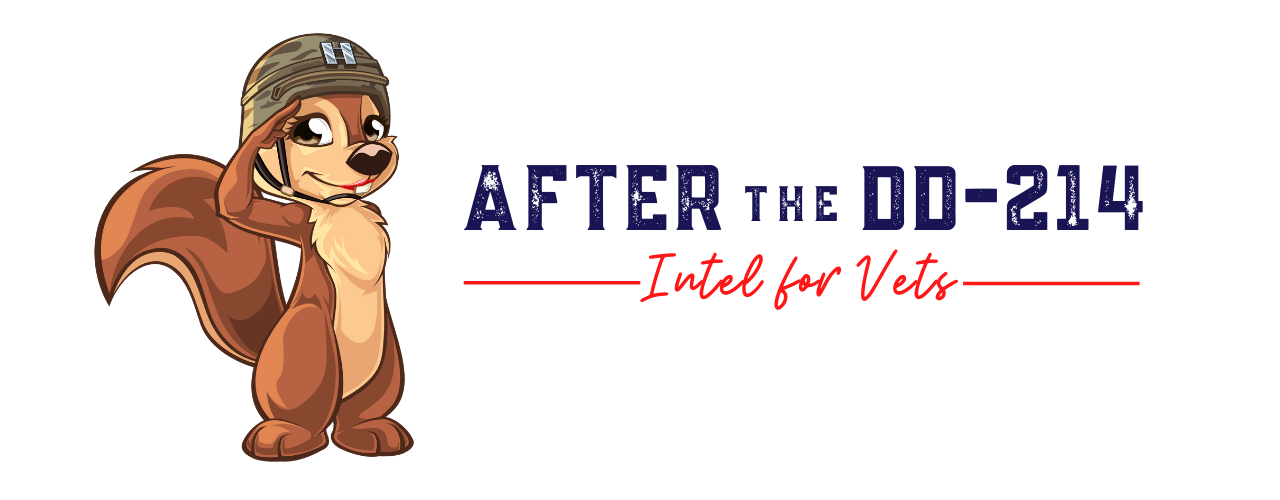Yesterday I went over a few of the programs the Department of Veterans Affairs (VA) offers for homeless and at risk of being homeless veterans, namely the National Call Center, Homeless Veterans Resource Guide, HUD-VASH program, and the HUDVet list. Those resources, while not a comprehensive list, were primarily directly housing related. But homelessness doesn’t happen in a vacuum and getting out of a homelessness situation doesn’t just involve a roof over one’s head. Today, I’m going to focus on some of the other programs VA has, such as employment and health related programs, which attend to homeless needs beyond housing.
Compensated Work Therapy (CWT) Program: This program is also often called “Veteran Industries” and is available at over 150 VA locations across the 50 states and Puerto Rico (list of locations and contacts available here). The CWT program consists of five main programs designed to allow veterans to earn income in temporary positions while they attempt to reenter the workforce.
– Incentive Therapy: This program is for veterans with a severe mental and/or physical impairment. It’s a pre-employment program that builds veterans’ job skills and independence by having them work in VA centers. A veteran can participate in this program for up to one year and will earn half the federal minimum wage (tax free).
– Sheltered Workshop: Generally lasting four to six months, veterans participating in this program will build objects by the piece at a VA clinic. The work is subcontracted from the business community and veterans are paid by the piece. The program is designed to help veterans with severe disabilities develop appropriate work skills in a “simulated” or controlled environment.
– Transitional Work and Vocational Assistance: This is similar to having a temp job. It allows veterans to earn tax free, hourly payment (but no traditional employment benefits), build skills and connections, while giving companies an opportunity to try out the veteran and see if he/she would be a good fit for their company without having to pay payroll tax on that veteran. Veterans in this program may also find themselves working at VA-facilities, doing such jobs as groundskeeping or non-sensitive clerical work. A VA program manager will liaise with the employer and ensure any ADA or other needs are being met.
– Supported Employment: This program is designed to help veterans with severe mental illness, and other significant “barriers to employment,” obtain employment which integrates their therapy and provides any required accommodations. This program is done in conjunction with the veteran’s clinical treatment plan. Income from this program is taxable.
– Transitional Residence: There are 30 of these programs across the country. They are designed to get veterans ready to live independently by providing them a variety of services, from mental health counseling to resume writing workshops to temporary employment and skills training. Veterans participating in this program live in a VA-owned property (sometimes a VA-owned house), work a minimum 30 hours a week, pay a portion of the money earned from the compensated work therapy program as “rent,” shop for and make their own meals, and clean their own rooms.
Homeless Veterans Dental (or Dental Class IIb) Program: Started in 1992 and based out of James A. Haley VA Hospital in Tampa, the program provides one-time, necessary dental care to homeless veterans enrolled in VA healthcare and participating in certain other VA homeless veteran programs, such CWT-Transitional Residence program, for at least 60 consecutive days.
Health Care for Re-entry Veterans (HCRV) Program: This program is designed to help incarcerated veterans, especially those at risk for homelessness, receive pre-release assessments, job referrals and other employment services.
The VA has many other programs, including surveys to help get feedback from current and former veterans on what’s working and what isn’t, as well as other programs that help offset costs for non-VA entities who help homeless veterans, such as shelters and substance abuse rehabilitation facilities. What I’ve provided here is just a few basics. If you’re homeless (and for VA, that definition often includes individuals who are living with family or crashing on a friend’s couch), look into these programs – they really work. I connected one of my former students, who was struggling with health issues and trying to go to school while he and his young family were living with in-laws, with a homeless veterans outreach coordinator and, within a few weeks, they had their own apartment.
© 2014 – 2020, Sarah Maples LLC. All rights reserved.

No Comments